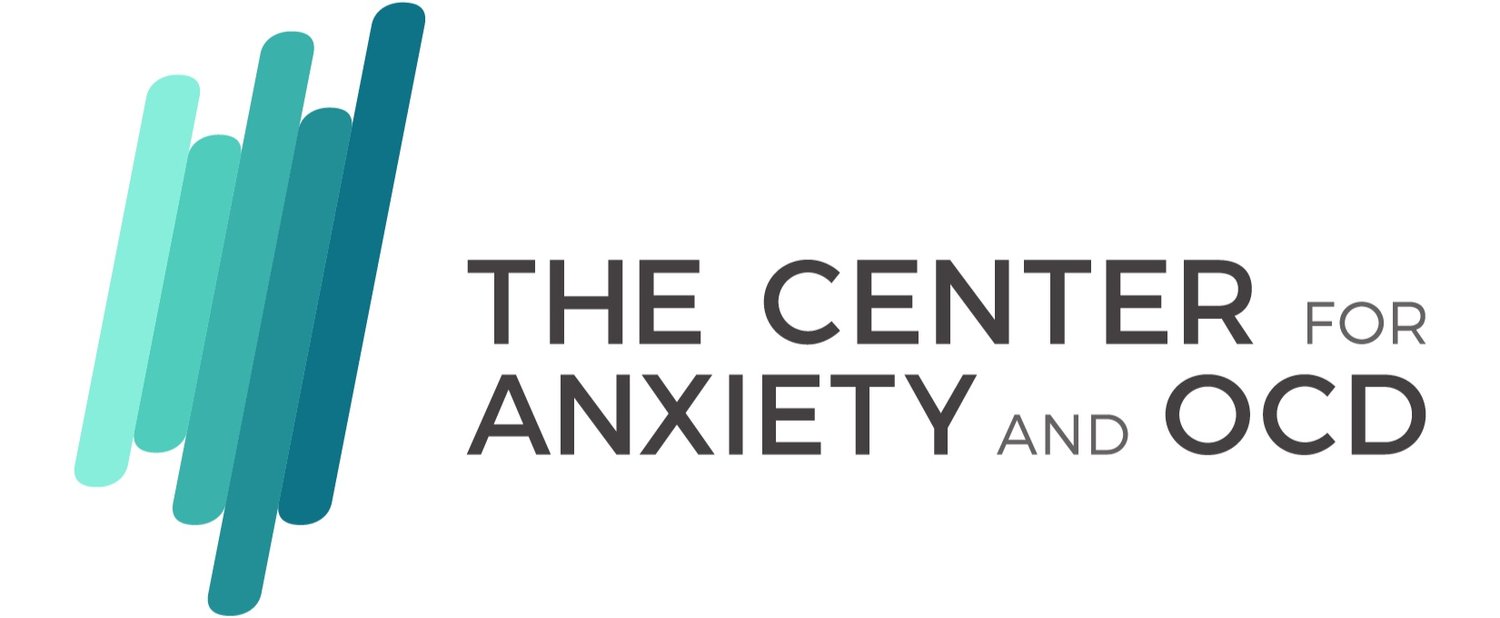Why You Don’t Need to Fall in Love
Why must we fall in love?
Today I'm bringing you what NOT to look for in love, an excerpt taken from our newest offering, The Relationship OCD Masterclass.
Don't Fall into love, Walk Into it:
If you identify as a cautious person who wouldn't take unnecessary risks anywhere else in life, then the idea of falling in love may seem unreachable, and that's perfectly OK. Who said there's anything wrong with walking into love with both eyes open? Why can't the idea of consciously choosing to move forward be as valid as the falling sensation, where we are expected to be so overwhelmed with passion and desire that we can't possibly help ourselves?
Choosing love, walking into it, is no less deserving or romantic, it's only a narrative that is less promoted by the Media. It's less sexy, and it doesn't sell as many products. Yes.. you heard me, the infatuation narrative has been taken up by advertisers and is being used against us. It's being pushed as the only acceptable love story, because it makes people money.
I said what I said.
Don't Trust your Gut:
The gut brain connection has been the topic of much wellness discussion in recent years, and for good reason. The gut is a microphone for your brain and vice versa, the two organs involved in a feedback loop meant to keep you safe and out of danger.
But if your brain is misfiring or sending out false waring signals (as it is in anxiety and OCD) then you cannot trust your gut as an accurate indicator of fit in your romantic relationship. Often, what you are feeling so strongly to be true (I'm just lying to myself, I don't truly love my partner!) is more of an indicator of what you fear so strongly to be true, rather than the truth itself.
Your feelings are a reflection of your anxiety.
Don't Believe Divorce isn't an Option:
I'm certainly not advocating for divorce, in fact my entire work is about rescuing relationships from perfectionism and unrealistic expectation. BUT if you believe divorce isn't an option, if you believe that there's no way out if your worst fears were to be true, then you will skyrocket your anxiety and all but guarantee ROCD will enter the chat.
Divorce or separation are the absolute last case options for any relationship, but if you were to risk love and connection and ultimately realize that you were in the wrong relationship, you could separate. More so, you would probably be OK.
Knowing there is an exit route (even if we never plan to take it) allows flexibility and greater clarity as we navigate whether our partner has some (but not all) of our preferred qualities.
So, what should you look for in love? What CAN you expect from healthy relationship? I've created the Relationship OCD Masterclass just for these answers, and I can't wait for you to join me.
This course is a shortened version of 1:1 ROCD therapy with me, blended with the best pieces of my book, Relationship OCD. In 10 modules we have included tools from Cognitive Behavioral Therapy (CBT), Acceptance and Commitment Therapy (ACT), Exposure with Response Prevention (ERP) AND integrative strategies from the world of talk and depth therapies.
The course is right for you if:
You are in a fundamentally caring and healthy relationship
You have intrusive thoughts and endless doubts that seem confusing given the fundamental goodness of your relationship
You are tired of feeling hot and cold in your relationship
You are interested in real, evidence-based solutions, the same ones I use every day in ROCD therapy with clients

